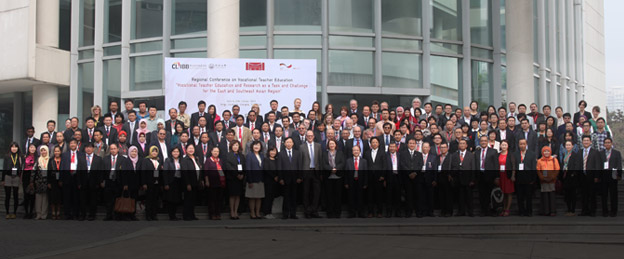Full issue 1
In view of the immense importance technical and vocational education and training (TVET) holds for social and economic development, one can simply never underestimate the significance of the collaboration between all stakeholders at all levels in this process. Learners can only be introduced into their professional community of practice during their education and training phase when given the opportunity to learn at authentic, real workplaces in close contact to their future peers. For several years workplace learning has been high on the TVET agenda in many countries worldwide, not only serving the learners but also the companies, by giving them the inestimably valuable opportunity to become acquainted with their future employees in advance of actually hiring them and in addition being able to shape both their education and training. In determining what should be learnt, in terms of developing curricula, a share of that input must come from the corporate sector, for one of the significant roles of TVET is to prepare a skilled workforce for the economy. Vocational teachers must have access to the world of work simply to be able to find out what it is that their students should learn in the here and now.

Associate Prof. Dr.Jiping Wang
Director of the Institute of Vocational Instructors (CDIBB), vice director of the Key Centre for VET-Teacher Education and Training of Moe Chinas, vice Director of Sino-German Competence Centre for Vocational Education and Training in Shanghai and a membe
Tongji University, Shanghai
China
SAB, Issue 1
Field of expertise/main research projects:
Field of expertise/main research projects Management Science/ Vocational education governance and quality assurance, vocational teacher education


